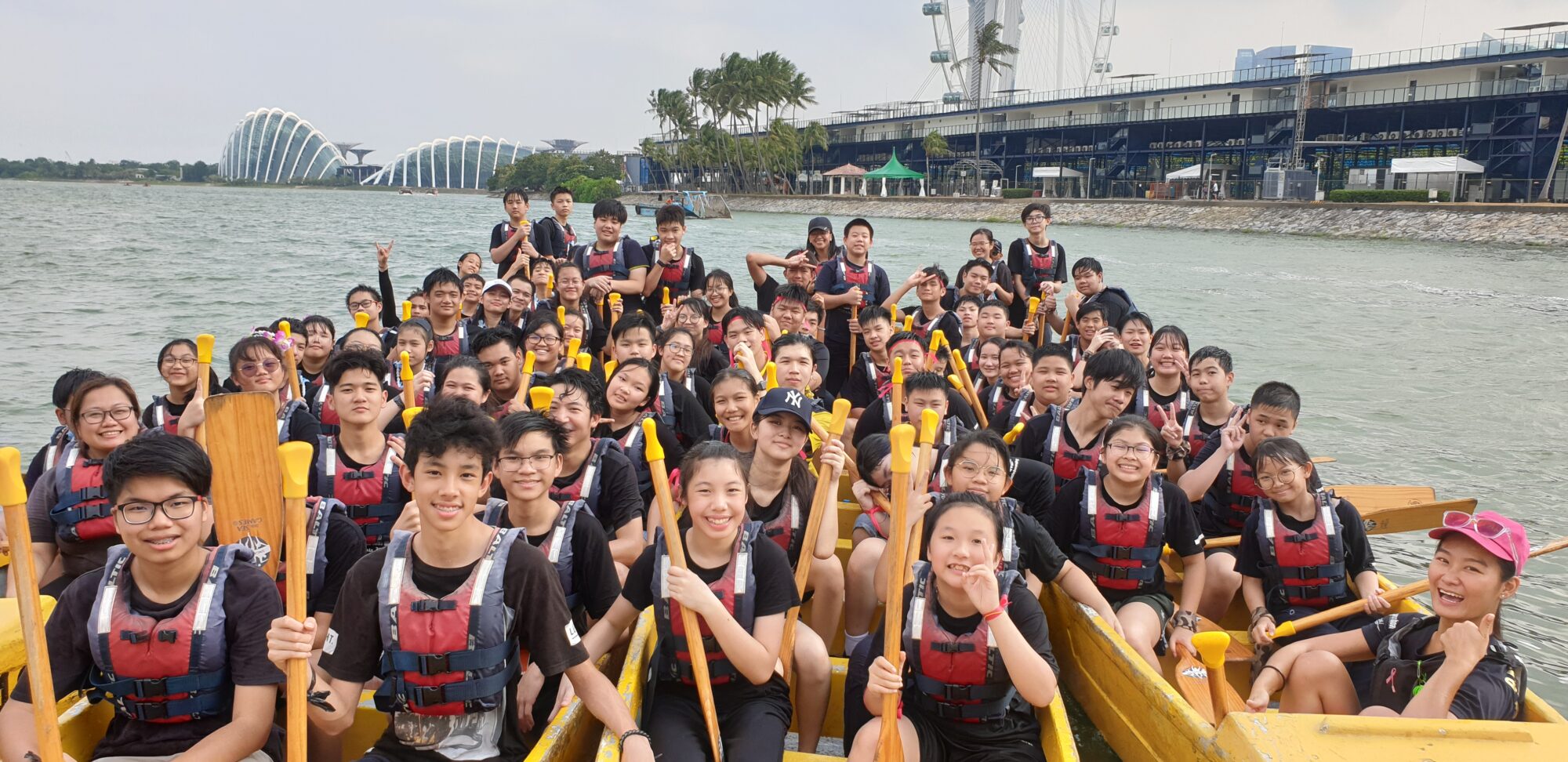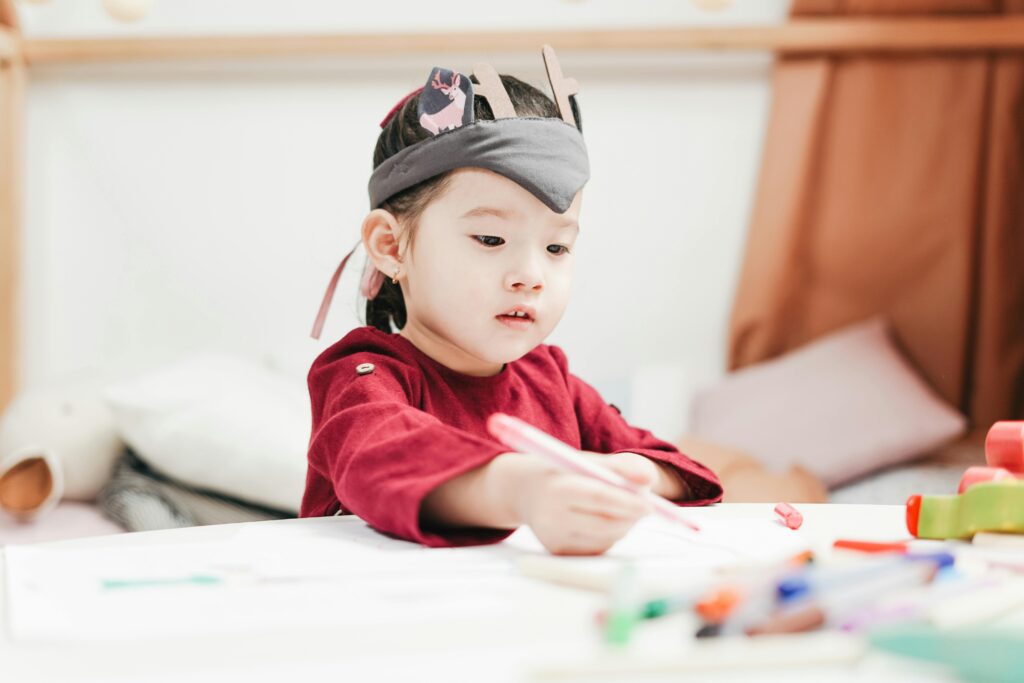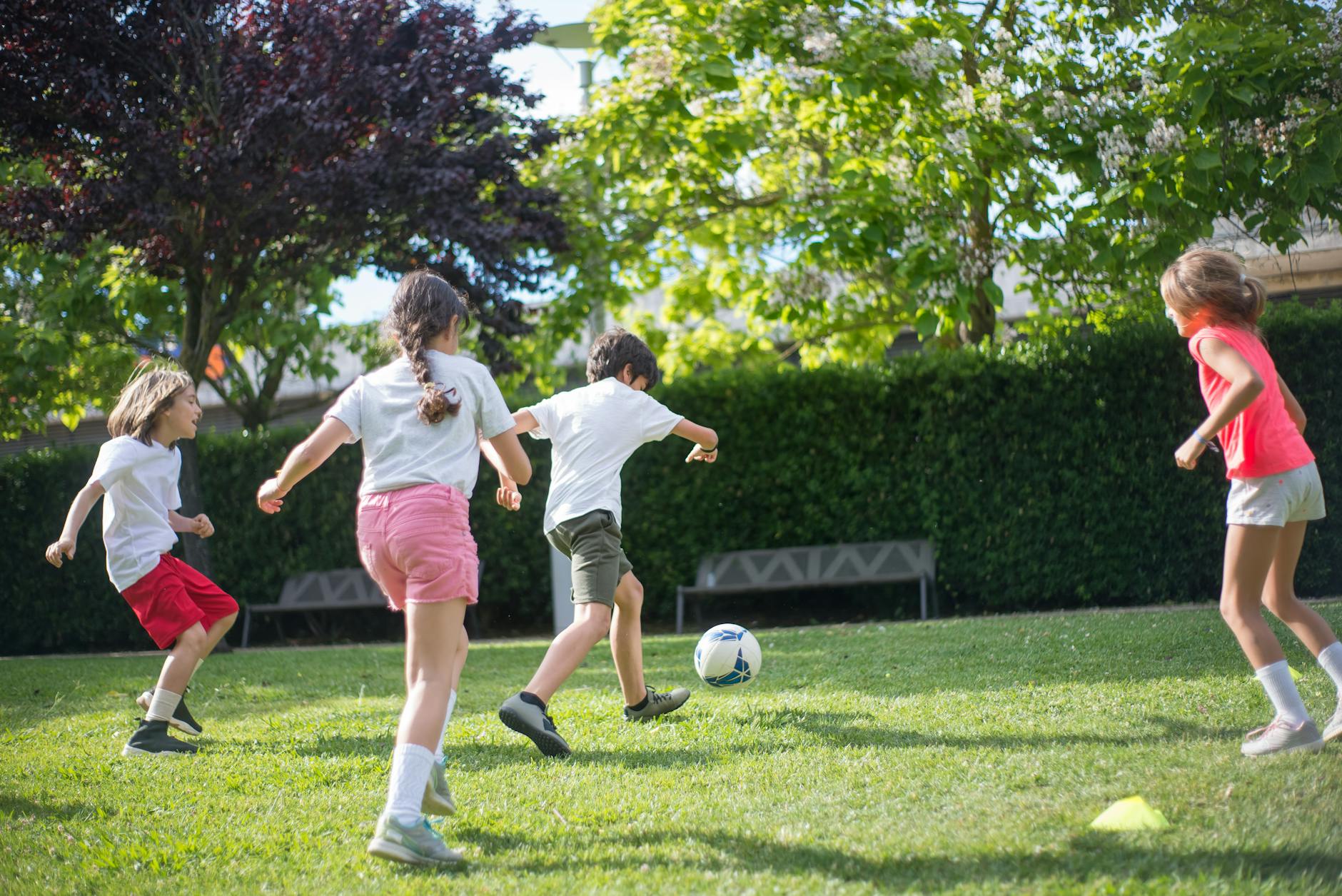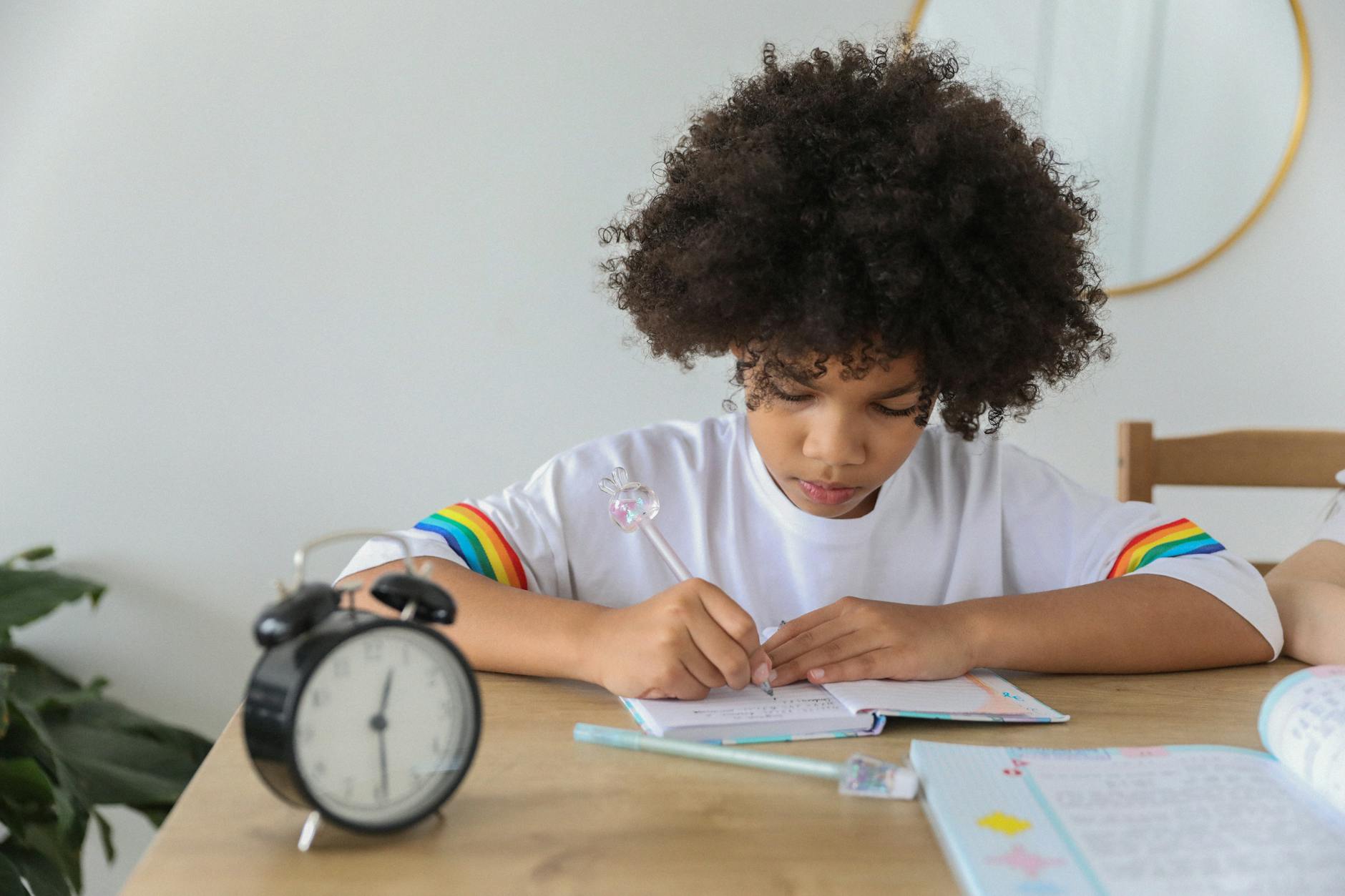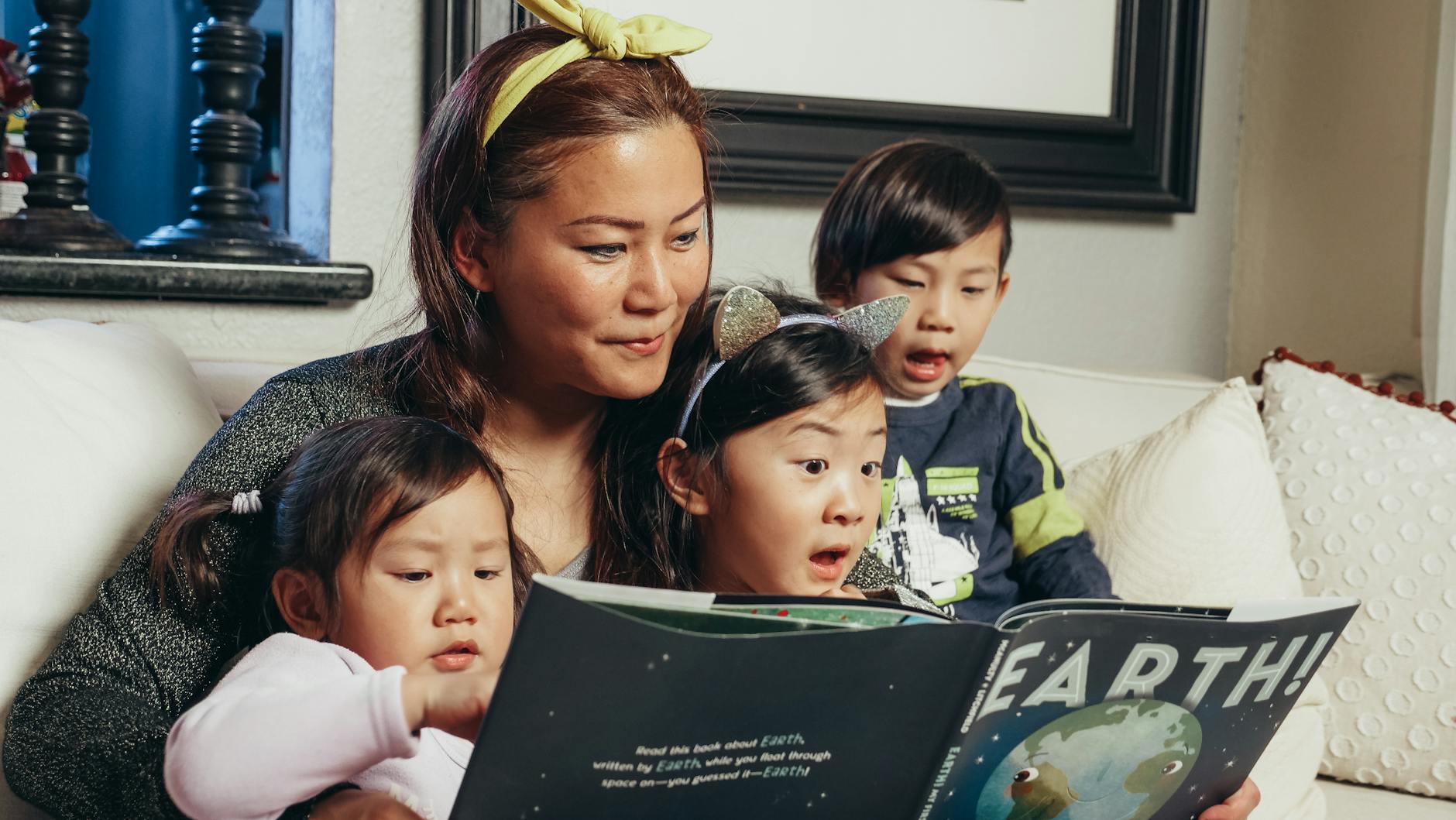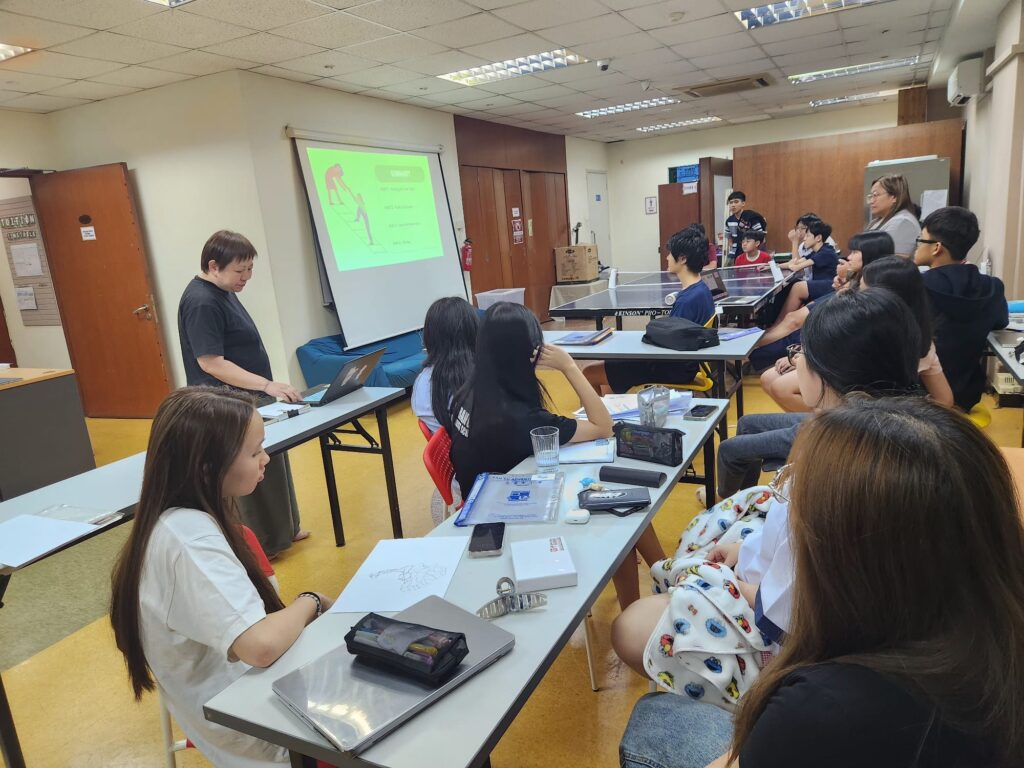At Milchel, we care for students in every aspect of their development—physical, academic, and character. We go far beyond simply providing a place to stay. Milchelians, as we fondly call them, grow into responsible, balanced, and purpose-driven individuals.
Physical care
We provide physical care by giving students a clean and safe place to live. We serve them healthy, nutritious meals daily. Our team encourages them to build habits that support well-being. They learn to shower regularly, eat healthily, and stay active instead of being sedentary. These routines help them build a foundation for lifelong wellness.

Academic Care
We also support academic growth and offer a quiet and focused study environment. We guide students in setting academic goals and planning their studies. They learn to organise tasks and manage their time. When needed, we provide tutorial support. In the process, Milchelians learn to take charge of their learning journey.

Character Care
What truly sets Milchel apart is our commitment to character development. From primary to tertiary levels, all students join programs that build values and integrity. These activities match their age and stage in life. Character-building isn’t a side effort—it’s at the core of everything we do.

Our values form the heart of Milchel. These seven core principles spell out MILCHEL: Magnanimous, Integrity, Loving-kindness, Compassionate, Holistic living, Effort, and Leadership. To help students live out these values, we develop five key traits in them: Awareness, Discipline, Responsibility, Perseverance, and Confidence.
We do this through daily teaching, guidance talks, group games, and shared experiences. These activities shape character in simple, meaningful ways.
At Milchel, we believe academic success isn’t enough. Our true mission is to raise principled individuals—students who leave not only with knowledge, but with strong character.
